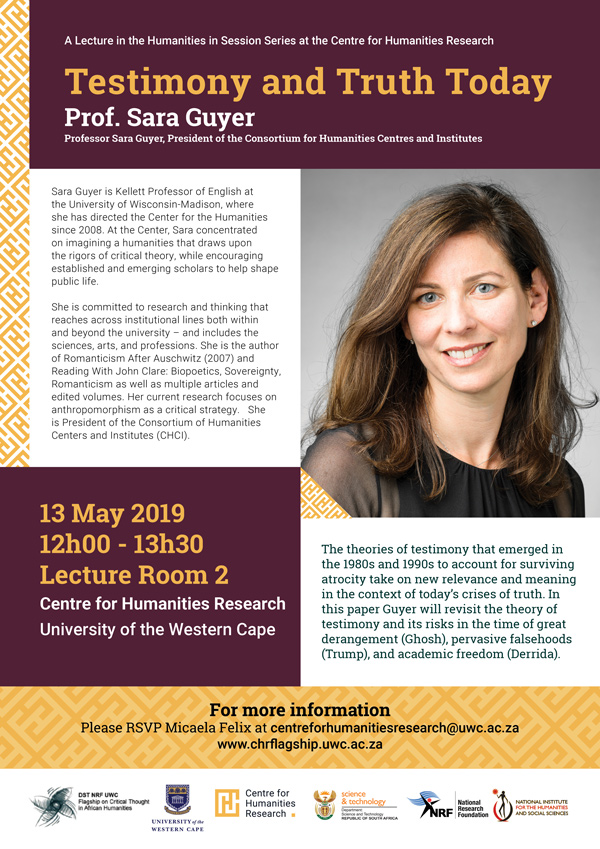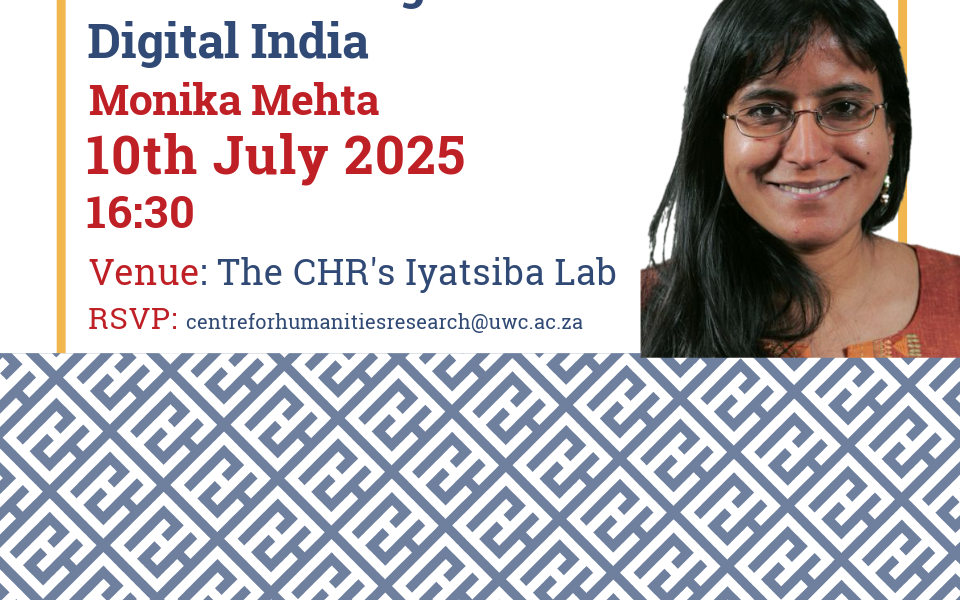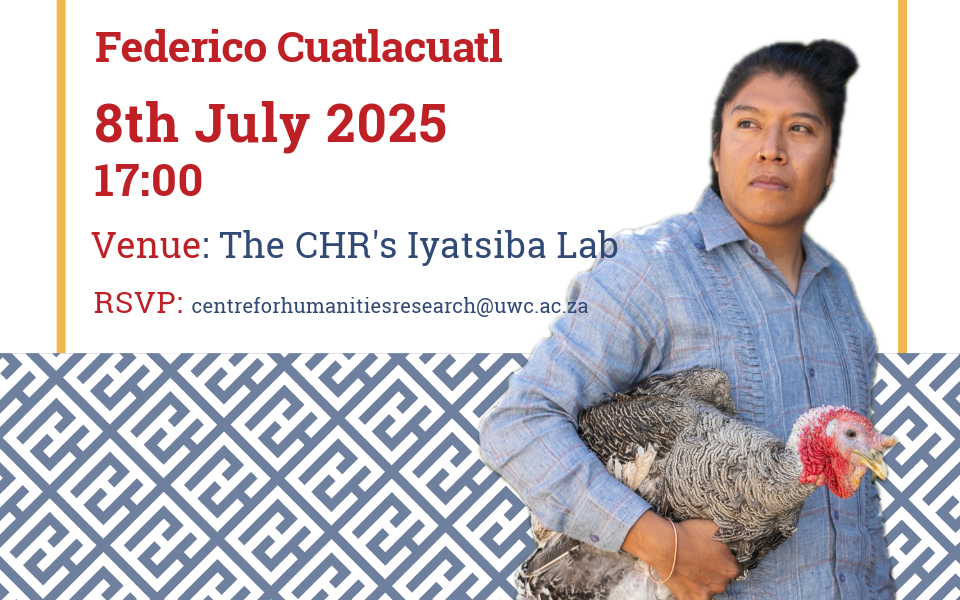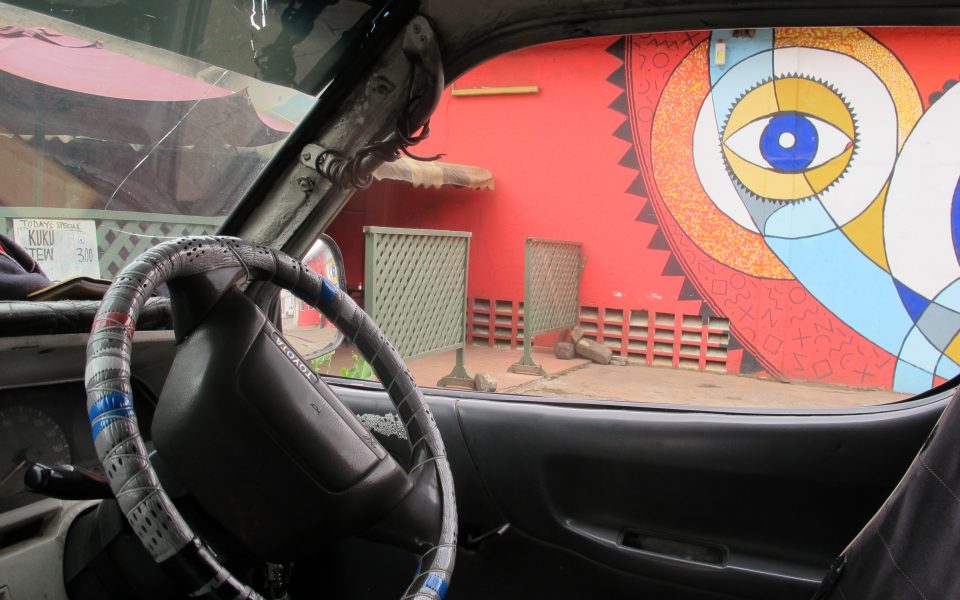Testimony and Truth Today
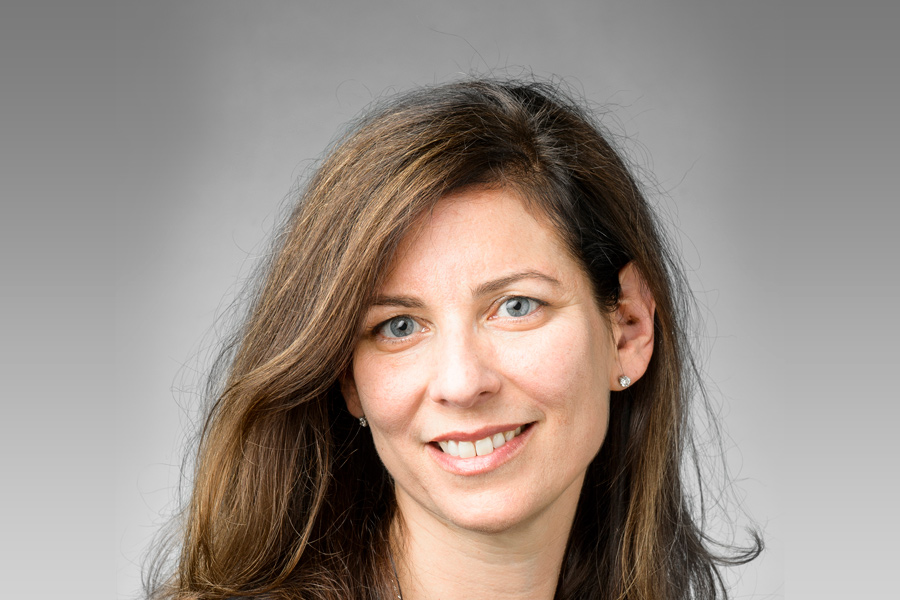
A Lecture in the Humanities in Session Series at the Centre for Humanities Research
Prof. Sara Guyer
University of Wisconsin-Madison
Testimony and Truth Today
Date: Wednesday, 13 May 2019
Venue: Room 2, Centre for Humanities Research, University of the Western Cape
Time: 12h00 – 13h30
For more information
Please RSVP Micaela Felix at centreforhumanitiesresearch@uwc.ac.za
Bio
Sara Guyer is Kellett Professor of English at the University of Wisconsin-Madison, where she has directed the Center for the Humanities since 2008. At the Center, Sara concentrated on imagining a humanities that draws upon the rigors of critical theory, while encouraging established and emerging scholars to help shape public life. She is committed to research and thinking that reaches across institutional lines both within and beyond the university – and includes the sciences, arts, and professions. She is the author of Romanticism After Auschwitz (2007) and Reading With John Clare: Biopoetics, Sovereignty, Romanticism as well as multiple articles and edited volumes. Her current research focuses on anthropomorphism as a critical strategy. She is President of the Consortium of Humanities Centers and Institutes (CHCI).
Abstract
The theories of testimony that emerged in the 1980s and 1990s to account for surviving atrocity take on new relevance and meaning in the context of today’s crises of truth. In this paper I revisit the theory of testimony and its risks in the time of great derangement (Ghosh), pervasive falsehoods (Trump), and academic freedom (Derrida).


